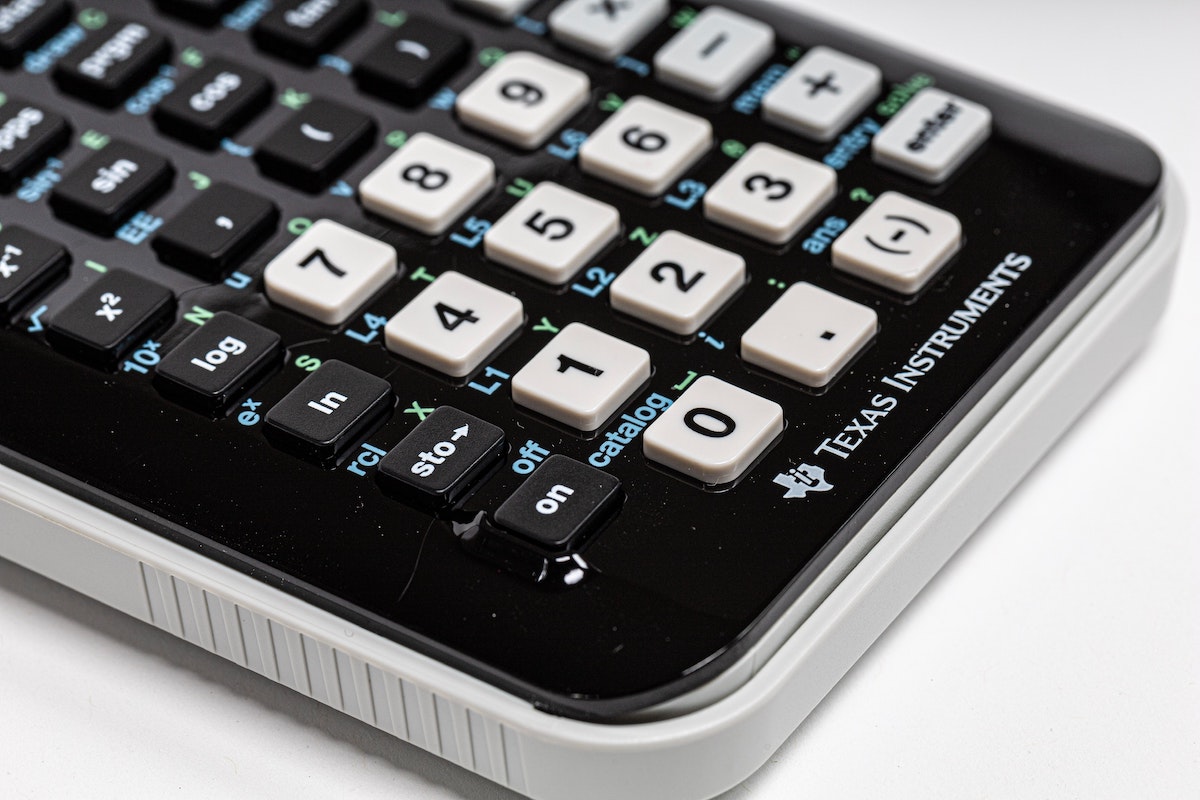 Like a character in a drama, yet another alphabet soup personality appears and takes center stage.
Like a character in a drama, yet another alphabet soup personality appears and takes center stage.
Oh, EBITDA, where for art thou? In other words, who the heck are you and why should I tune in?
All kidding aside, if you want to provide a really clear picture of your company’s financial health, you need to not only know what EBITDA is, you should understand how to calculate it. The acronym stands for earnings before interest, taxes, depreciation and amortization. It is a great tool to help understand a company’s ability to generate cash flow and judge overall company operating performance.
Whew!
So how do I calculate it? All of the elements are found in a company’s operating statement within their annual SEC Form 10K. Those elements are:
- Earnings (net income or net loss)
- Interest expense
- Income tax expense
- Depreciation and amortization
The basic calculation is done by adding up all the expenses, subtracting all of the line items that are income (such as interest income). This number is then added to the net income. The result is the basic earnings of the company, unencumbered by the expenses.
It is an evaluation tool that allows comparisons between companies and tells a story of how profitable a company is (or isn’t).
If you would like to learn more about EBITDA, give us a call or write to us. TFO Solutions is dedicated to helping entrepreneurs and business owners with their finances from the back office to the boardroom.





 Like a river flows on, so should your company’s cash. While there are multiple ideas on the source of the term, the fact remains it all has to do with money (payments) coming into and out of your enterprise.
Like a river flows on, so should your company’s cash. While there are multiple ideas on the source of the term, the fact remains it all has to do with money (payments) coming into and out of your enterprise.
 Yes, you do. If you are running your business on the fly without a
Yes, you do. If you are running your business on the fly without a 
 We’ve all seen the TV show
We’ve all seen the TV show 
 We’ve all watched old TV programs featuring a small business owner. At some point someone needs cash for ice cream and old dad, the proprietor, hits the “No Sale” key on the upright NCR cash register, the drawer dings open and he takes out some bills for the kids.
We’ve all watched old TV programs featuring a small business owner. At some point someone needs cash for ice cream and old dad, the proprietor, hits the “No Sale” key on the upright NCR cash register, the drawer dings open and he takes out some bills for the kids.
 While accounts receivable (A/R) is a mystery to many, it shouldn’t be. It really is the script your banker will be reading from so she knows your story.
While accounts receivable (A/R) is a mystery to many, it shouldn’t be. It really is the script your banker will be reading from so she knows your story.